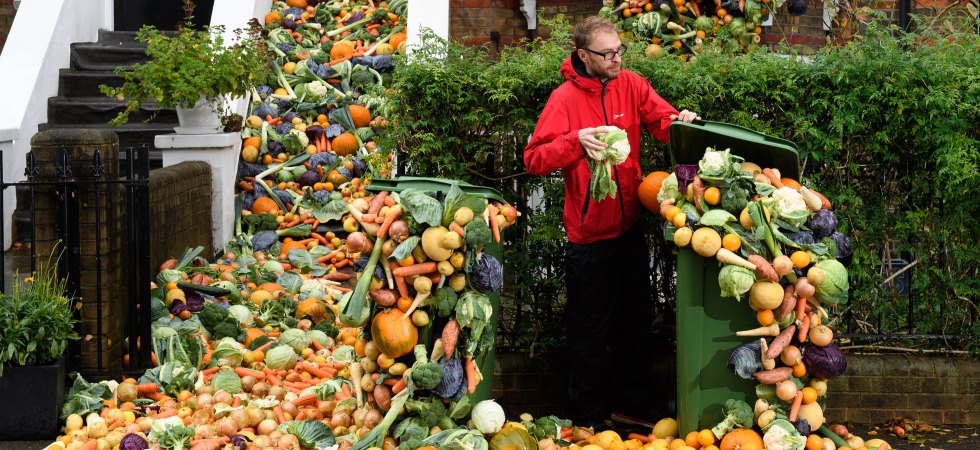Climate action NGO, WRAP has warned that while the UK is making progress in tackling key environmental issues, more action from food and packaging businesses is needed to keep climate goals within reach.
WRAP launched its first voluntary agreement in 2005, and has since expanded its programme to address food, drink and plastic pollution, amongst others. The voluntary agreements bring together Governments, businesses, local authorities, academics, NGOs, industry groups and citizens to take collaborative action.
The company’s annual reports highlight the challenges and pathways for tackling climate action, and detail where leading UK businesses are already acting to address waste, carbon and water usage through The UK Plastics Pact, the Courtauld Commitment 2030 and Textiles 2030.
Catherine David, director of collaboration and change at WRAP, said: “COP27 made it clear that we are not on track to mitigate the worst impacts of the climate crisis. Accelerating action by businesses is paramount. The businesses signed up to our agreements are leading the way in transforming the food, textiles and plastic packaging sectors, demonstrating what is possible, and helping inform government’s thinking on needed regulatory levers. Today’s reports show the mountain we need to climb, and we call on all businesses to join us on this journey and be part of changing our consumption systems in line with a sustainable future.”
Food
Since its inception in 2005, the Courtauld Commitment has aimed to create change around reductions in GHGs and food waste, and sustainable water management. WRAP said that businesses that have been members of Courtauld for longer have seen greater reductions in food waste.
Highlights in the latest progress report include:
- 16% of UK food businesses measured emissions accurately and consistently through the world-leading Scope Three GHG measurement and reporting Protocols for the food sector.
- The Courtauld 2030 Water Roadmap was published in partnership with WWF and Rivers Trust. More than 50 businesses that have committed to protecting critical water resources under an eight-year programme are moving the UK closer to delivering UN Sustainable Development Goal Six. Seven water action projects are underway that span the UK, Kenya, South Africa and Spain.
- The Food Waste Reduction Roadmap, launched by WRAP and the IGD in 2018, has seen the number of food businesses involved grow to 300, including all of the major grocery retailers. Now 221 large businesses are implementing ‘Target, Measure, Act’, an increase of 7% year-on-year representing 60% of their sectors with twenty whole chain plans now in progress or completed, double the number last year.
- Retail food waste has reduced by 19,000 tonnes (8%) between 2018 to 2021, saving almost £62 million ending up as waste and the production of some 60,000 tonnes of GHG emissions.
- Food Waste Action Week went global with weeks running in twelve countries, in only its second year. In the UK, the campaign reached over eight million people.
Plastics
According to the report, The UK Plastics Pact is making good progress removing problematic plastics and increasing recycled content, but recycling of plastic bags and wrapping continues to be a major barrier.
The UK Plastics Pact targets were set based on predictions of when key policy instruments, including consistency in recycling collections and Extended Producer Responsibility (EPR), would be introduced. WRAP warned that achieving the ambitious 70% recycling rate for plastic packaging may not be possible without widespread collection of plastic bags and wrapping directly from homes and workplaces, which will not be fully rolled out until 2027.
Whilst there has been a 90% reduction in hard to recycle plastics (e.g., non-Near-Infrared detectable colours and PVC., on the current trajectory, WRAP warned that members will not hit their target of ‘100% of plastics reusable or recyclable’ owing to a lack of at-scale recycling of bags and wrapping through kerbside collections.
While positive work continues across the supply chain, WRAP has stressed the need for significantly higher levels of investment to support its water programme to triple the number of catchment projects by 2030. The organisation also said that more businesses must urgently adopt its reporting protocols to consistently measure scope 3 GHG emissions, and work with WRAP to develop and implement net zero transition plans.









